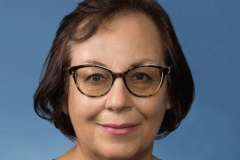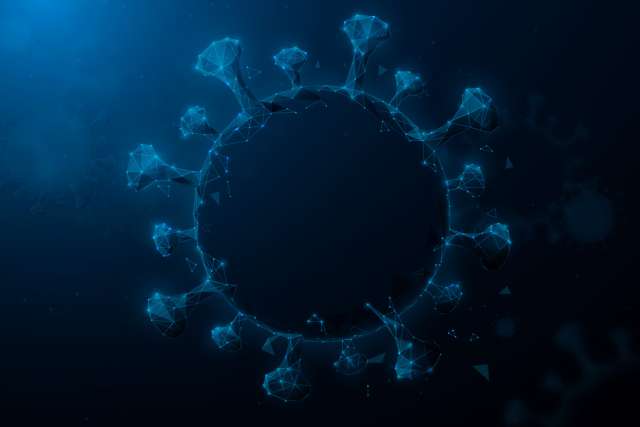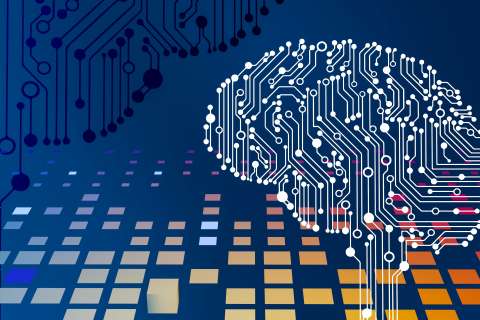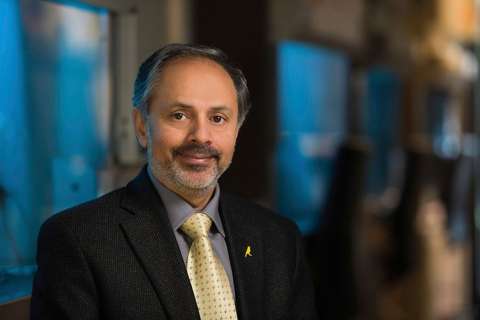UCLA will be one of several sites for a clinical trial launched by the National Institutes of Health (NIH) to address the neuropsychiatric and cognitive symptoms of long COVID. The UCLA effort will be led by Helen Lavretsky, MD, MS, the site principal investigator.
The trial, RECOVER-NEURO, is part of the NIH Researching COVID to Enhance Recovery (RECOVER) Initiative, and will focus on interventions for cognitive dysfunction related to long COVID. The study will target symptoms such as brain fog, memory problems, difficulty with attention, thinking clearly, and problem-solving. It’s designed as a “platform protocol,” which tests multiple, targeted therapies for a single disease simultaneously. Platform protocols often include an adaptive design that may eliminate or add treatments based on interim analysis.

In the initial stages of the initiative, large-scale studies were conducted, with over 24,000 participants recruited to date. Additionally, researchers are analyzing 60 million electronic health records and conducting more than 40 pathobiology studies to better understand how COVID-19 impacts various body tissues and organs. The data collected from these efforts has been instrumental in shaping the development of the phase 2 clinical trials, which are designed to test the safety and effectiveness of treatments in groups of 100-300 participants.
Three additional protocols are currently under review and development in an effort to expand the scope of research and treatment options for long COVID. The trials all encompass a diverse range of interventions, including drugs, biologics, medical devices, and other therapies. The adaptive design of these platform protocols allows for simultaneous evaluation of multiple treatments, enabling swift identification of effective interventions, while discontinuing interventions that show no promise.
“The effects of COVID-19 infection can be devastating and forever change lives of those affected, said Lavretsky. “About 10-30% of those who were infected with COVID-19 develop long COVID symptoms and the majority of these symptoms are neuropsychiatric like fatigue, brain fog, chronic pain or headaches, insomnia, depression, PTSD that linger for many months or years after initial infections. Patients become disabled and are not able to study or live their lives to the fullest. Older adults have higher rate of conversion to dementia. To-date, there are no approved treatments for Long-COVID.”
The RECOVER-NEURO trial will begin with recruitment of 315 of eligible adults with cognitive dysfunction related to long COVID, including brain fog, memory problems and difficulty with attention, thinking clearly and problem solving. Interventions under this protocol will include a web-based brain training program and brain stimulation technique as well as cognitive rehabilitation intervention. Trial sites are expected to be more than 20 and are currently being activated. The UCLA team expects to initiate recruitment by November of 2023.
For more information about the NIH RECOVER Initiative visit https://trials.recovercovid.org.




